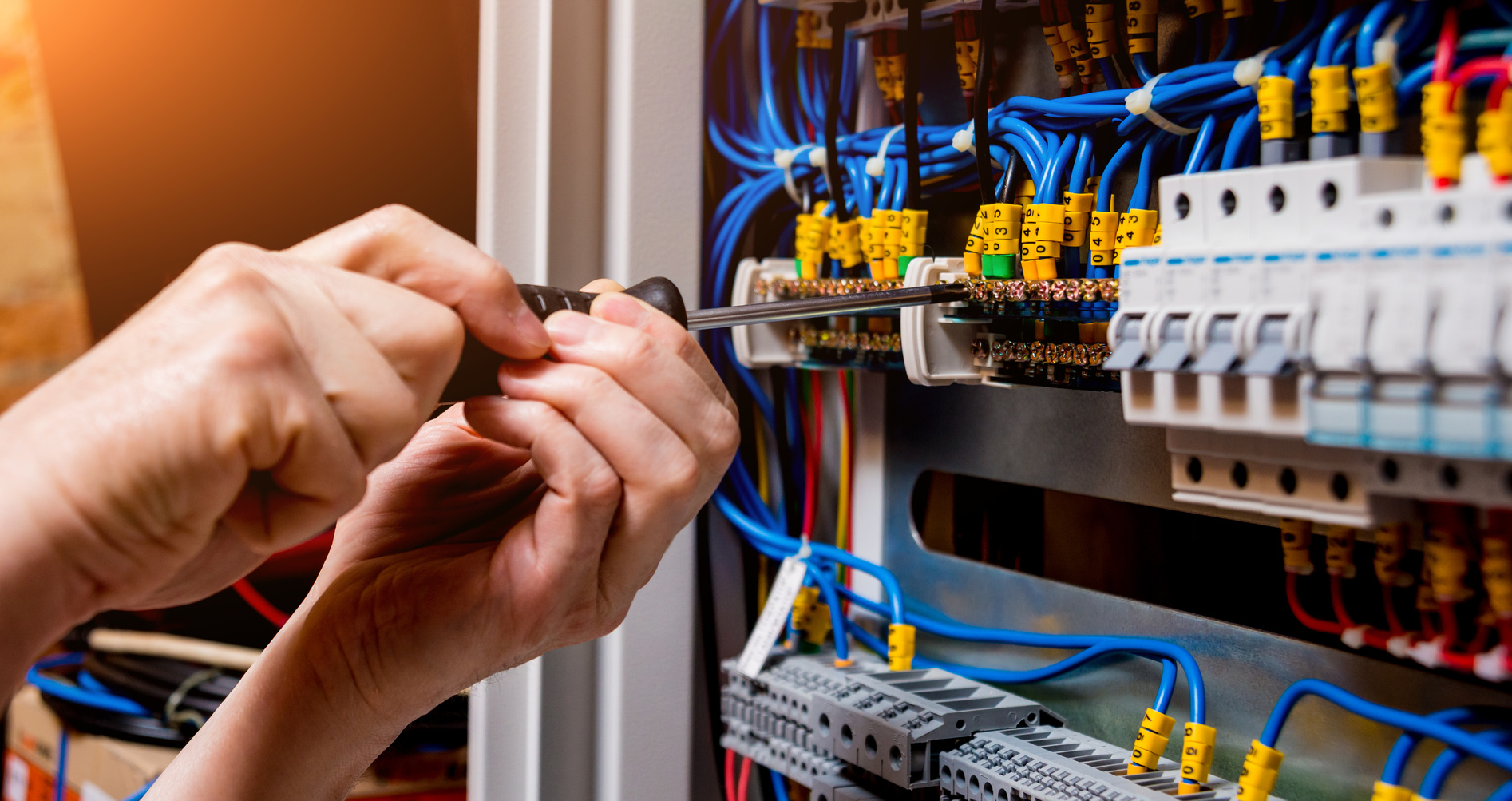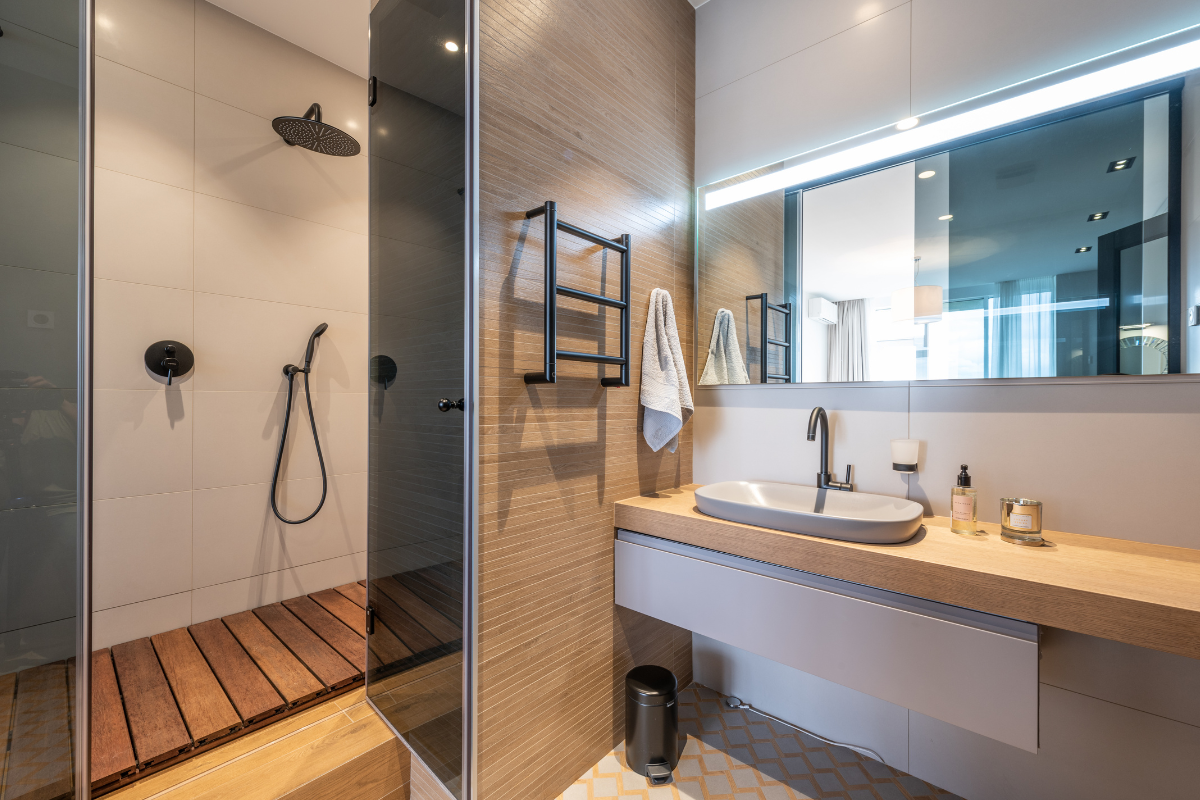Overview
EV Charger Installation near you
Search the directory, compare options, and start your project with confidence.
- Verified businesses ready to help near you.
- Clear contact details and profiles so you can shortlist quickly.
- Side-by-side browsing of suburbs, states, and top metro areas.
About this service
What ev charger installation involves
Electric vehicles (EVs) are rapidly gaining popularity as a sustainable transportation option, and as a result, the demand for EV charger installation has grown significantly.
Learn more about the installation process, requirements, and the costs involved below.
Overview
- Types of EV chargers
- Home EV charger installation
- Public EV charger installation
- EV charger installation cost
- Choosing the right charger and installation service
- FAQs
![]()
Types of EV Chargers
There are three ways to charge your EV, with each option offering different charging speeds and applications.
Level 1 Chargers
Level 1 chargers are the most basic and common type of EV chargers. They typically use a standard 120-volt electrical outlet and are suitable for overnight charging at home, but their slow charging speed makes them less practical for public use or long-distance travel.
Level 2 Chargers
Level 2 chargers operate at a higher voltage (240 volts) and offer a faster charging rate compared to Level 1 chargers. They’re more suitable for home and public use, including workplaces, shopping centers, and public parking lots.
DC Fast Chargers
DC Fast chargers, also known as Level 3 chargers, provide the fastest charging speeds available for electric vehicles. They’re ideal for long-distance travel and highway charging stations. DC Fast chargers require specialised equipment and infrastructure and are commonly found along major travel routes.
Home EV Charger Installation
Installing an EV charger at home offers convenience and ensures that your vehicle is ready to go whenever you need it. However, you’ll need to consider the EV charger installation requirements before going ahead:
- Electrical capacity and panel upgrades: Evaluating your home's electrical capacity is crucial to ensure it can handle the additional load from an EV charger. In some cases, panel upgrades might be necessary to accommodate the charger's power requirements.
- Location and accessibility: Choosing an appropriate location for the charger is essential. It should be easily accessible, preferably near a parking space, and protected from harsh weather conditions.
- Permits and regulations: Researching local building codes and regulations regarding EV charger installations is vital for compliance. Depending on your jurisdiction, permits might be required before starting the installation process.
Installation Process
- Hiring a licensed electrician: Given the electrical complexity involved, it’s advisable to hire a licensed electrician with experience in EV charger installations. They can assess your home's electrical system and recommend the most suitable approach.
- Assessment and planning: The electrician will evaluate your home's electrical infrastructure and discuss the optimal charger location with you. They will also assess the feasibility of any necessary electrical upgrades.
- Wiring and electrical upgrades: If electrical upgrades are needed, such as a panel upgrade or circuit installation, the electrician will perform the necessary wiring work to support the charger's power requirements.
- Mounting and connecting the charger: Once the electrical infrastructure is ready, the electrician will mount and securely connect the charger to the power source. They will ensure proper grounding and perform thorough safety checks.
- Safety considerations: The electrician will emphasise safety precautions, such as installing ground fault circuit interrupters (GFCIs) and surge protection devices, to protect both the charger and your home's electrical system.
![]()
Public EV Charger Installation
Public EV charging infrastructure plays a crucial role in expanding the adoption of electric vehicles and providing charging accessibility to EV owners who may not have access to home charging stations.
Here are some key considerations for public EV charger installation:
- Location selection: When installing public charging stations, careful consideration must be given to location selection. High-traffic areas, proximity to amenities, and strategic placement along major travel routes are crucial factors to maximise their usage and convenience.
- Power supply and infrastructure requirements: Public charging stations require a robust power supply to handle multiple vehicles charging simultaneously. This may involve coordination with the local utility company to ensure adequate power infrastructure and capacity.
- Networking and payment systems: Public chargers often incorporate networking and payment systems to enable users to access and pay for charging services. These systems can vary, ranging from RFID card-based access to smartphone apps or online payment platforms.
Installation Process
- Site assessment and planning: Before installation, a thorough site assessment is conducted to evaluate the feasibility of the charger installation, including power availability, space requirements, and infrastructure needs.
- Permitting and utility coordination: Public charging station installations may require permits and approvals from local authorities. Additionally, coordination with the utility company is necessary to ensure proper electrical connections and compliance with regulations.
- Equipment selection and procurement: Choosing the right charging equipment is crucial. Factors such as charging speed, durability, network compatibility, and user-friendliness are taken into account when selecting chargers for installation.
- Installation and commissioning: Certified electricians experienced in public charging station installations will perform the installation, ensuring the proper wiring, mounting, and connection of the chargers. Commissioning tests are conducted to verify functionality and safety.
- Ongoing maintenance and monitoring: Public charging stations require regular maintenance and monitoring to ensure their optimal performance and address any issues promptly. This may involve routine inspections, software updates, and repairs as needed.
![]()
EV Charger Installation Cost
The cost of installing an electric vehicle (EV) charger in Australia can vary depending on several factors, including the type of charger, the electrical infrastructure at your location, and any additional installation requirements. Here are some general cost estimates:
- Level 1 charger (standard charging): These chargers typically come with the vehicle and can be plugged into a standard electrical outlet. They are slower than other charging options but are often the most affordable. Installation costs are minimal, usually limited to the purchase of a charging cable adapter if needed.
- Level 2 charger (AC charging): Level 2 chargers offer faster charging speeds and require a dedicated circuit installation. The cost can range from approximately AUD $1,000 to $3,000, depending on factors such as the electrical capacity at your location, the distance from the electrical panel to the charging location, and any necessary upgrades to the electrical system.
- Level 3 charger (DC fast charging): These chargers require significant electrical infrastructure. The cost can be substantial, ranging from $20,000 to $100,000 or more, depending on the charger's power capacity and installation requirements.
It's important to note that these are general cost estimates, and actual prices may vary. Additionally, local regulations, electrical permits, and labour costs can also influence the overall installation expenses. To get an accurate estimate for your specific situation, it's advisable to contact local electricians, EV charger installation companies, or consult with relevant authorities in your area.
Learn more: What Does It Cost to Charge an EV?
Get free quotes in minutes.
Get quotes from our qualified and licensed tradies Australia-wide.
Choosing the Right Charger and Installation Service
Selecting the appropriate charger and installation service is crucial to ensure a smooth and reliable charging experience. Consider the following factors:
Evaluating Charger Options
- Power output and charging speed: Assess the charging speed and power output of the charger to meet your specific needs. Consider the charging requirements of your electric vehicle and the desired charging time frame, alongside how long an EV battery lasts.
- Compatibility with your vehicle: Ensure that the charger is compatible with your electric vehicle's charging standards and connector type. Most electric vehicles support both Level 1 and Level 2 charging, but it's essential to verify compatibility.
- Additional features and smart capabilities: Consider additional features that can enhance your charging experience. Some chargers offer smart capabilities such as Wi-Fi connectivity, smartphone apps for monitoring and scheduling charging sessions, and integration with home automation systems.
Selecting an Installation Service
- Licensed and experienced electricians: Choose a licensed electrician with expertise in EV charger installations. They should have knowledge of local codes and regulations to ensure a safe and compliant process.
- Reputation and customer reviews: Research the reputation and customer reviews of the installation service provider. Look for testimonials or feedback from previous customers to gauge their professionalism, reliability, and quality of work.
- Warranty and support options: Ask about warranty coverage for the charger and the installation service. A reputable service provider should offer warranties on both the charger equipment and the installation workmanship. Additionally, consider the availability of ongoing support and maintenance services.
Get free quotes in minutes.
Get quotes from our qualified and licensed tradies Australia-wide.
EV Charger Installation FAQs
How much does it cost to install an EV charger?
The cost of installing an EV charger can vary depending on factors such as the charger type, electrical upgrades required, labour costs, and potential incentives. On average, a Level 2 charger installation at home can range from $500 to $2,500, including equipment and installation costs. Public charging station installations may involve more significant infrastructure expenses and can vary widely.
How long does the installation process take?
The installation timeline depends on various factors such as the complexity of electrical upgrades, permit processing, and scheduling availability of the installation service. Generally, home charger installations can take anywhere from a few hours to a couple of days. Public charging station installations may take longer, depending on the scope of the project and coordination with utility companies.
Can you install your own EV charger?
In Australia, it is generally recommended to hire a licensed and qualified electrician to install an electric vehicle (EV) charger. This is because EV charger installations involve electrical work and should comply with safety standards and regulations.
While some EV chargers come with a plug-and-play option that can be easily installed by the owner, these are typically Level 1 chargers that can be plugged into a standard electrical outlet. For Level 2 chargers or higher, a dedicated circuit installation is required, which often involves modifications to the electrical system and professional expertise.
DIY installation of an EV charger can be risky if you lack the necessary electrical knowledge and experience. Poorly installed chargers may pose safety hazards, cause electrical issues, or void warranties. Moreover, some insurance policies may require professional installation for coverage.
Are there any government incentives or rebates available?
Many governments, at both the federal and state levels, provide incentives and rebates to promote electric vehicle adoption and charger installations. These incentives can include tax credits, grants, or rebates on charger equipment and installation costs. Research local programs, utility company incentives, and government websites to explore the available options in your area.
Can I install a charger if I live in an apartment or condo?
Installing an EV charger in multi-unit dwellings like apartments or condominiums can be more challenging due to shared parking and electrical infrastructure. However, some solutions exist, such as shared charging stations or working with property management to install dedicated chargers. It is essential to consult with the property owner or building management to explore the possibilities and any potential restrictions.
What maintenance is required for an installed charger?
Regular maintenance for an installed charger typically involves visual inspections, cleaning, and checking for any signs of damage or wear. It is also advisable to periodically update the charger's firmware to ensure optimal performance and compatibility with evolving standards. In case of any malfunctions or issues, prompt repairs should be carried out by qualified electricians or manufacturer-authorised service providers.
EV Charger Installation Near Me
Get free quotes in minutes.
Get quotes from our qualified and licensed tradies Australia-wide.
All the costs quoted were sourced at the time this article was written. They are to be used as an AUD cost guide and may vary locally, and are subject to market changes.
Browse EV Charger Installation by State
Browse EV Charger Installation by City
- EV Charger Installation in Sydney
- EV Charger Installation in Melbourne
- EV Charger Installation in Brisbane
- EV Charger Installation in Perth
- EV Charger Installation in Adelaide
- EV Charger Installation in Gold Coast
- EV Charger Installation in Canberra
- EV Charger Installation in Newcastle
- EV Charger Installation in Wollongong
Articles
Guides to help you plan your project
Fresh tips and explainers on choosing the right tradie, budgeting, and setting clear expectations.

How Much Does an Electrician Cost? 2025 Cost Guide
Need to have some electrical work carried out at your home and unsure what to expect cost-wise? When hiring an electrician, you'll need to budget accordingly depending on the service.

How Much Does a Bathroom Renovation Cost? 2025 Cost Guide
If you want to give your bathroom the love and attention it deserves this year, you may be wondering how much it costs to renovate a bathroom in 2024. Truthfully, it depends. To estimate the…

Why You Should Hire a Professional for Your Roofing Project?
When it comes to home improvement projects, few are as critical as roofing. Your roof is not just a layer of protection; it's the shield that guards your family and belongings against the elements.
